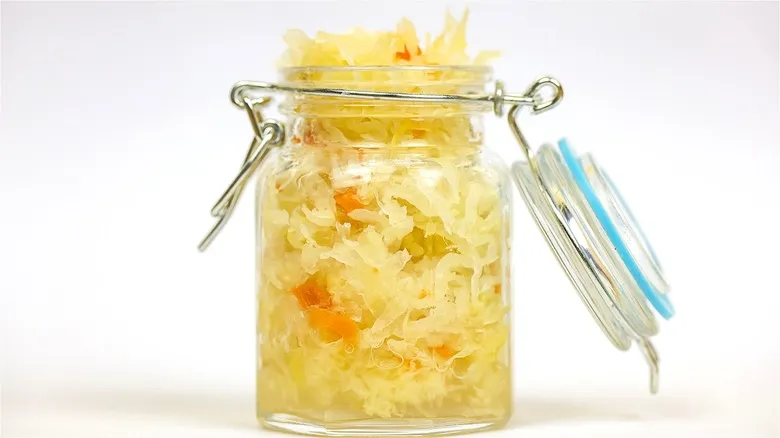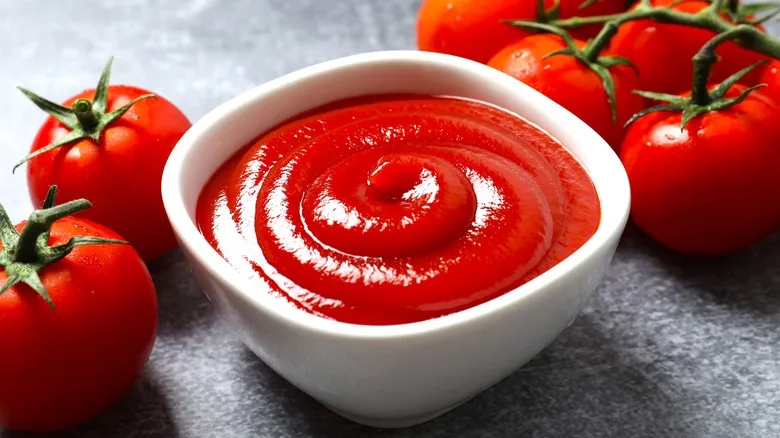What happens if you eat bad ketchup?

Whether you're slathering it on a meatloaf or using it as a dip for fries, ketchup is remarkably versatile—at least when it hasn't expired. While the risk of food poisoning from ketchup is quite low, it can still occur if the condiment has gone bad. Fortunately, botulism is not a concern with commercially produced ketchup, as its pH levels are too acidic for the bacteria to thrive. However, homemade ketchup may pose a risk for botulism, especially if it hasn't been prepared under strict safety guidelines.
Ketchup that is slightly past its best-by date is generally safe to consume, but if you notice an off taste, dark coloration, significant separation, or mold, you could be at risk for food poisoning. Symptoms typically include nausea, vomiting, stomach cramps, and possibly a fever. If you experience blurry vision, dehydration, weakness, a fever exceeding 103 degrees Fahrenheit, or diarrhea lasting more than three days, it's important to seek medical attention right away.
That said, it's highly unlikely that expired ketchup will make you ill—unless you're consuming a bottle from 1978 that you unearthed in your grandmother's pantry. In fact, you're more likely to encounter trouble trying to put ketchup on a hot dog in Chicago than from eating some that has gone bad.
Recommended

Should You Freeze No-Bake Cheesecake?

The Number One Tip For Getting More Space Out Of Your Freezer

You Can Freeze Soup, But Should You?

How Long Is Sauerkraut Good Once It's Been Opened?
Next up

